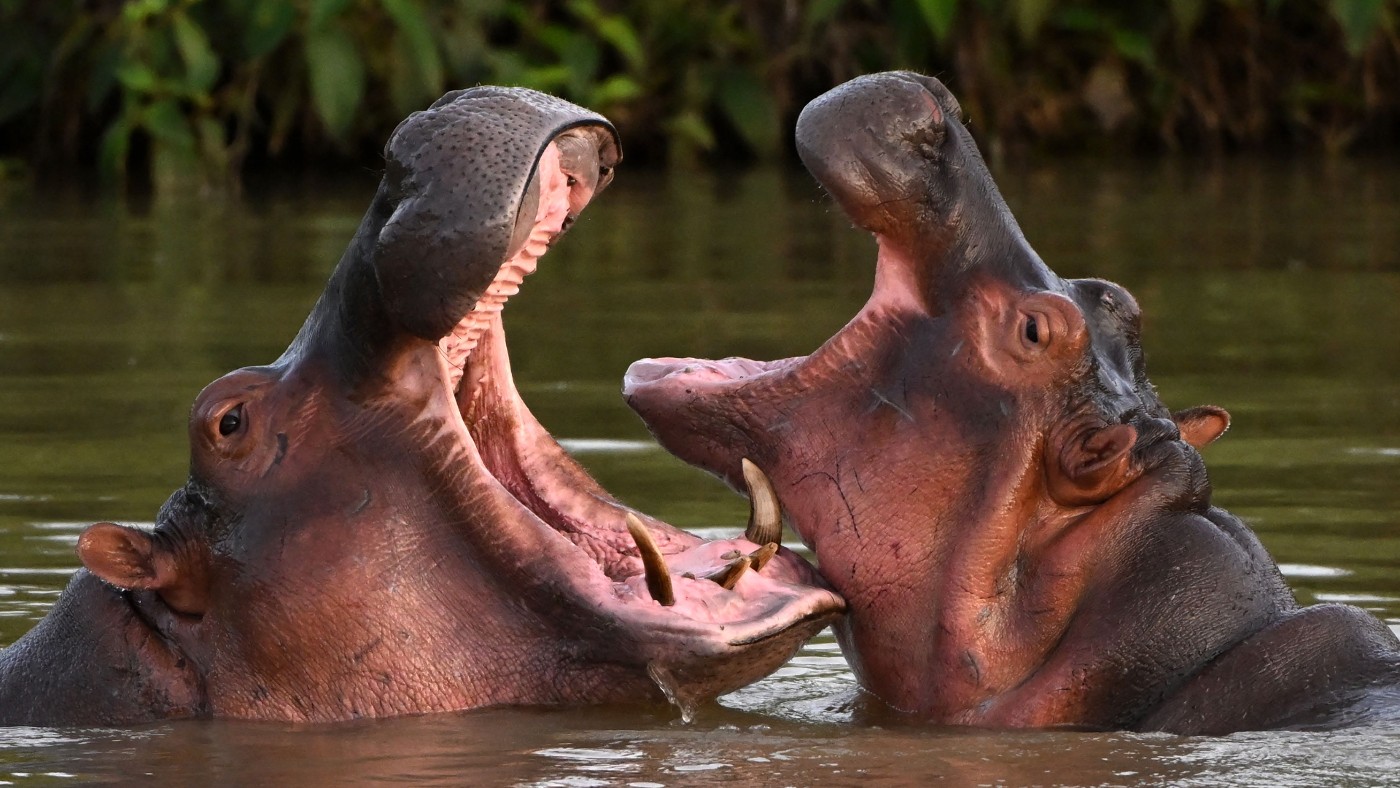Thousands seek help to stop viewing child abuse images
More than 36,000 people contacted Stop it Now! child protection charity in UK last year, a rise of 40%

A free daily email with the biggest news stories of the day – and the best features from TheWeek.com
You are now subscribed
Your newsletter sign-up was successful
The number of people seeking help to stop viewing images of child abuse has risen by 40% in the past year.
According to figures released by the Lucy Faithfull Foundation, a child protection charity which runs the Stop it Now! campaign, more than 36,000 people made contact in 2017, a nationwide increase of 40% from the previous year.
In Scotland, the number of people contacting the group through its website and helpline rose by 55%.
The Week
Escape your echo chamber. Get the facts behind the news, plus analysis from multiple perspectives.

Sign up for The Week's Free Newsletters
From our morning news briefing to a weekly Good News Newsletter, get the best of The Week delivered directly to your inbox.
From our morning news briefing to a weekly Good News Newsletter, get the best of The Week delivered directly to your inbox.
Stop it Now! has been providing advice and support since 2002 and aims to encourage people who view images of child sexual abuse online to come forward and seek help. More than half of contacts came from people concerned about their own behaviour, The Independent reports.
The charity also said the sharp rise over the past year is partly explained by a campaign to tackle the viewing of child sex abuse images launched in October 2015.
Research published by the NSPCC in 2015 revealed that offenders were being convicted at the rate of two per day for possession of obscene images, and the BBC reported at the time that a study of 100 court cases found police had seized 4.5 million images of child sexual abuse.
Despite a maximum prison sentence of up to ten years for the offence, approximately 100,000 people in the UK are viewing and sharing sexual images of children online, according to the National Police Chiefs’ Council.
A free daily email with the biggest news stories of the day – and the best features from TheWeek.com
Chief Constable Simon Bailey told the Associated Press that, alongside the important role for education in raising awareness and a greater role for technology companies in child protection, “it is also crucial that offenders who are yet to be arrested are given the opportunity to seek help”.
Susie Hargreaves, chief executive of the Internet Watch Foundation, said: “While these are shocking figures, it is encouraging to see how many offenders out there are wanting to get help and support to stop looking at illegal online images of child sexual abuse.”
-
 Secured vs. unsecured loans: how do they differ and which is better?
Secured vs. unsecured loans: how do they differ and which is better?the explainer They are distinguished by the level of risk and the inclusion of collateral
-
 ‘States that set ambitious climate targets are already feeling the tension’
‘States that set ambitious climate targets are already feeling the tension’Instant Opinion Opinion, comment and editorials of the day
-
 Mixing up mixology: The year ahead in cocktail and bar trends
Mixing up mixology: The year ahead in cocktail and bar trendsthe week recommends It’s hojicha vs. matcha, plus a whole lot more
-
 Zoos offer cockroach naming and hippo poo candles
Zoos offer cockroach naming and hippo poo candlesTall Tales And other stories from the stranger side of life
-
 Home Office worker accused of spiking mistress’s drink with abortion drug
Home Office worker accused of spiking mistress’s drink with abortion drugSpeed Read Darren Burke had failed to convince his girlfriend to terminate pregnancy
-
 In hock to Moscow: exploring Germany’s woeful energy policy
In hock to Moscow: exploring Germany’s woeful energy policySpeed Read Don’t expect Berlin to wean itself off Russian gas any time soon
-
 Were Covid restrictions dropped too soon?
Were Covid restrictions dropped too soon?Speed Read ‘Living with Covid’ is already proving problematic – just look at the travel chaos this week
-
 Inclusive Britain: a new strategy for tackling racism in the UK
Inclusive Britain: a new strategy for tackling racism in the UKSpeed Read Government has revealed action plan setting out 74 steps that ministers will take
-
 Sandy Hook families vs. Remington: a small victory over the gunmakers
Sandy Hook families vs. Remington: a small victory over the gunmakersSpeed Read Last week the families settled a lawsuit for $73m against the manufacturer
-
 Farmers vs. walkers: the battle over ‘Britain’s green and pleasant land’
Farmers vs. walkers: the battle over ‘Britain’s green and pleasant land’Speed Read Updated Countryside Code tells farmers: ‘be nice, say hello, share the space’
-
 Pros and cons of porn-site age verification
Pros and cons of porn-site age verificationPros and Cons Users may need to verify their age with a passport or credit card under new Online Safety Bill